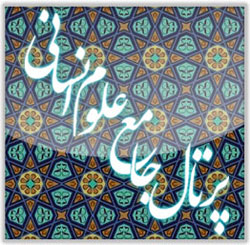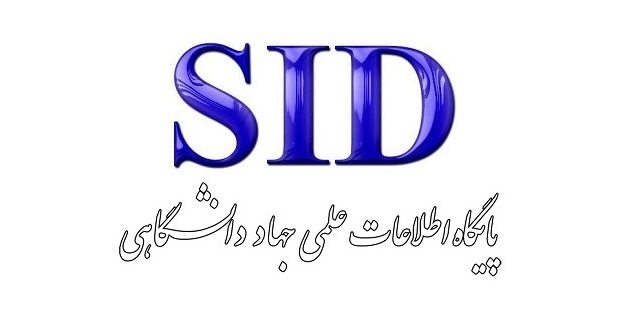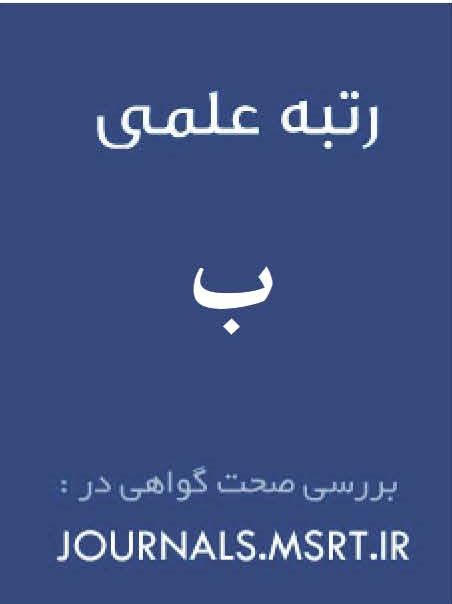Understanding and Application of Idioms in the Dialect of the People of Shabankareh
Keywords:
Irony, local dialect, indigenous culture, Folk literature, Shabankare dialectAbstract
Idioms, as one of the figures of speech, play a fundamental role in indirectly conveying complex meanings and social-cultural critiques in language and dialects—particularly in local dialects. The Shabankareh dialect, a local vernacular in Bushehr Province, is rich in idiomatic expressions and indigenous phrases shaped by the geographical position and rich historical background of the region. This study investigates the role and application of idioms in the dialect of the people of Shabankareh. Idioms, as rhetorical and linguistic tools, not only enhance the aesthetic quality of speech but also serve as a means for the indirect expression of social and cultural critiques in this local dialect. The research methodology involved collecting data through interviews with 15 middle-aged and elderly individuals from the Shabankareh region, aged between 45 and 75, and examining folk literature texts from the area. The data were analyzed and categorized using qualitative methods. The interviews were semi-structured and conducted with audio recording. In addition, questionnaires were designed to examine the application of idioms and linguistic changes. Both digital and traditional tools were utilized for data collection. The results indicated that idioms in this dialect serve as instruments for the indirect articulation of social criticism, economic issues, and the preservation of cultural cohesion. Idioms are used not only to beautify speech but also as tools for expressing social and cultural critique. This study emphasizes the importance of documenting idioms and local dialects to preserve cultural identity and strengthen social bonds. Documenting these idioms can contribute to preserving indigenous values and gaining a deeper understanding of the culture of Shabankareh.
Downloads
References
1. Ghasemi T. A Study of Similarities and Differences between Proverbs, Aphorisms, Idioms, and Proverbial Phrases. [Unpublished manuscript]2023.
2. Hajiani F, Mahmoudi K. Etymology of Several Words in the Bushehri Dialect. Linguistics of Iranian Dialects. 2023(28):37-53.
3. Mazhari M, editor The Study of Idioms in the Folk Culture of Shahr-e Kord. 6th International Conference on Language and Literature Studies in the Islamic World; 2020; Tehran.
4. Taheri S, Taheri G. A New Classification of “Metaphor” in the Axis of Language. Kohan Nameh-ye Adab-e Parsi. 2020;11(1):151-69.
5. Ya’li Madad S, Babasalari Z, Karampour F. A Diachronic Linguistic Study of the Bushehri Dialect in Bushehr City: Payame Noor University, Bushehr Province; 2019.
6. Beladi A, Dousti S. Etymology of Selected Words in the Bushehri Dialect. Shiraz: Shiraz University; 2000.
7. Dastgheib Beheshti MR, Baladi A. Etymology of Selected Words in the Bushehri Dialect. Shiraz: Shiraz University; Ministry of Science, Research and Technology; 2000.
8. Hajiani F. Etymological Study of Selected Words in the Bushehri Dialect. Journal of Social and Human Sciences, Shiraz University. 2007(53):4.
9. Servat M. Dictionary of Persian Idioms. Tehran: Shahid Beheshti University Press; 1985.
10. Azimi M. A Dictionary of Common Problems and Expressions in the Persian Language. Tehran: Qatreh Publications; 1994.
11. Hasani Abdehgah D, Zohrabi K, Rafiei C. An Investigation of Metaphors and Their Types in Persian Literature. Ormazd Research Journal. 2023(64).
12. Salahshour S. The Best Iranian Proverbs. Tehran: [Publisher Unknown]; 2009.
13. Shamisa S. Bayan and Meanings, Vol. 3. Tehran: Mitra Publications; 1995.
14. Rezaei A. Folk Literature of Bushehr Province, Vol. 1. Bushehr: Shorou' Publications; 2002.
Downloads
Published
Submitted
Revised
Accepted
Issue
Section
License
Copyright (c) 2024 Safar Amani (Author); Sayed Mojtaba Hosseini; Seyed Mahmood Seyed Sadeghi (Author)

This work is licensed under a Creative Commons Attribution-NonCommercial 4.0 International License.








